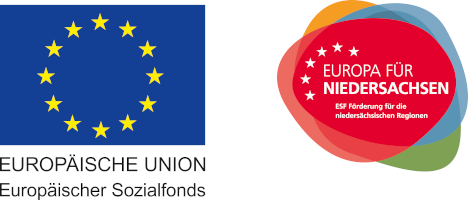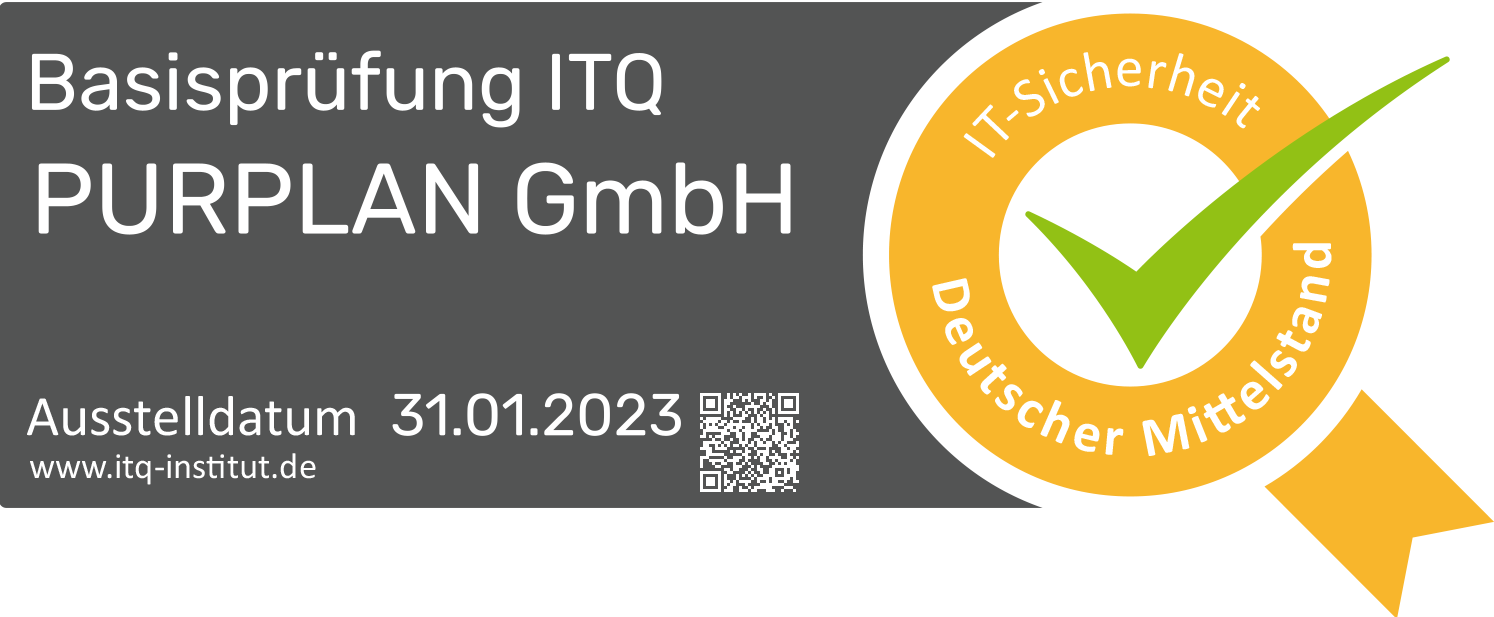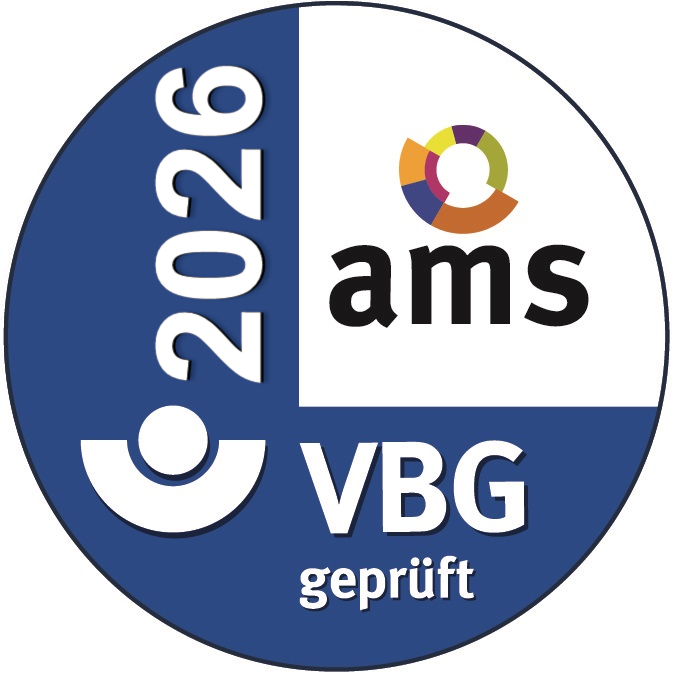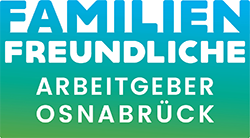Plants for battery technology
The production of lithium-ion batteries is a particularly demanding area and requires special know-how. Our services at PURPLAN include :
- Tank storage for NMP
- Tank farms for electrolytes
- Process skids for active material
- Slurry mixing
The Li-ion battery
With its high energy density, long life and fast charging times, the Li-ion battery has proven to be the preferred choice for a variety of applications, from portable electronics to electric vehicles and renewable energy storage systems.
A lithium-ion battery is a rechargeable battery that uses lithium ions to store energy and release it when needed. These batteries consist of one or more cells, each containing an anode, a cathode, an electrolyte and a separator foil. During operation, lithium ions flow from the anode to the cathode through the electrolyte during the discharge process, generating electrical energy. When the battery is recharged, the lithium ions are returned from the cathode to the anode.
Slurry mixing - the first step in battery production
Every production process for rechargeable lithium-ion batteries begins with the production of the suspensions for the two electrodes, cathode and anode, the so-called "slurries". For the cathode, a chemistry based on LFP (lithium iron phosphate) or NMC (nickel, manganese, cobalt oxide) is usually used. Graphite is used for the anode, e.g. in the form of nanotubes. These Active materials are mixed with the organic solvent NMP as well as binders and other additives. This process is usually carried out in a batch process. The slurries are then coated on foil made of copper (anode) or aluminum (cathode), dried and calendered, cut and wound or stacked to form the actual battery cell with a separator between the two electrodes.
Proper slurry mixing is crucial for the quality of the subsequent cell, as otherwise there may be problems with the coating process, for example. A mixture that is not completely homogeneous can also lead to lower storage capacities of the cell and damage the structure of the material if the mixing process is too long. The production process therefore has a direct influence on the performance of the lithium-ion battery.
Our services at Purplan:
- Tank farm for NMP: Our tank farm offers safe and reliable storage facilities for NMP (N-methyl-2-pyrrolidone), both pure and recovered. With specialized storage facilities, we can receive NMP in large quantities and make it available for your requirements. Deliveries are made conveniently by tank truck or IBC (Intermediate Bulk Container).
- Tank farms for electrolytes: With our tank farms, we can offer you the storage of a variety of electrolytes, including different types and compositions. Precise temperature control and optimum storage conditions are guaranteed. We offer delivery by both tanker and IBC to support your production requirements.
- Process skids for active material: Our process skids for the production of cathode material (NMC) offer pre-assembled process equipment, including pumps, heat exchangers, blowers, filters, valves and instruments. These prefabricated units are designed for solids, slurry and other process media and make integration into your overall plant much easier.
- Slurry Mixing: An advanced slurry mixing unit enables precise mixing of NMP with active material, binders and additives. Prior to the coating process, the slurry is mixed and conditioned to ensure a uniform coating. Our batch process ensures consistent quality and maximum efficiency.
Do you have any questions?
We would be happy to advise you in detail about our battery technology services.
Please use our contact form or give us a call. We look forward to your inquiry. Contact form
Dirk Hörnschemeyer
Technical Sales
E-Mail: dirk.hoernschemeyer(at)purplan.de
Tel.: +49(0)5407 8177-140
Mobil: +49(0)151 18433598
Tim-Nicolas Schenke
Senior Project Manager
E-Mail: tim-nicolas.schenke(at)purplan.de
Tel.: +49 (0)5407 8177-151
Mobil: +49(0)160 97898055
Daniel Schwarzmeier
Software Developer / Software Development
E-Mail: daniel.schwarzmeier(at)purplan.de
Tel.: +49 (0)5407 8177-228
Mobil: +49(0)151 1112 0637
FAQ
Lithium-Ionen-Batterien sind wiederaufladbare Batterien, die Lithium-Ionen verwenden, um Energie zu speichern und abzugeben. Aufgrund ihrer hohen Energiedichte, langen Lebensdauer und schnellen Ladezeiten sind sie die bevorzugte Wahl für eine Vielzahl von Anwendungen, einschließlich Elektrofahrzeugen. Sie ermöglichen eine hohe Leistung bei geringem Gewicht und haben zur kontinuierlichen Verbesserung der Reichweite von Elektrofahrzeugen beigetragen.
The production of lithium-ion batteries for electric cars begins with the manufacture of the suspension, also known as electrode slurry. This suspension consists of electrode materials, an organic solvent and a polymer binder. The slurry is mixed, applied to a foil made of copper or aluminum, dried and calibrated. The coated foil is then integrated into the construction of the battery cells.
Slurry mixing is the first step in the production of lithium-ion batteries. It involves mixing electrode materials with an organic solvent and a polymer binder to produce the electrode slurry. Proper slurry mixing is critical to disperse materials evenly, avoid unwanted chemical reactions and give the slurry the right viscosity for the coating process. This directly affects the performance of the battery.
Purplan offers comprehensive services for battery technology for e-mobility, including tank farms for NMP (N-methyl-2-pyrrolidone) and electrolytes, as well as Process skids for active material and advanced slurry mixing systems. These services support the production of high-quality lithium-ion batteries for electric vehicles and other applications.
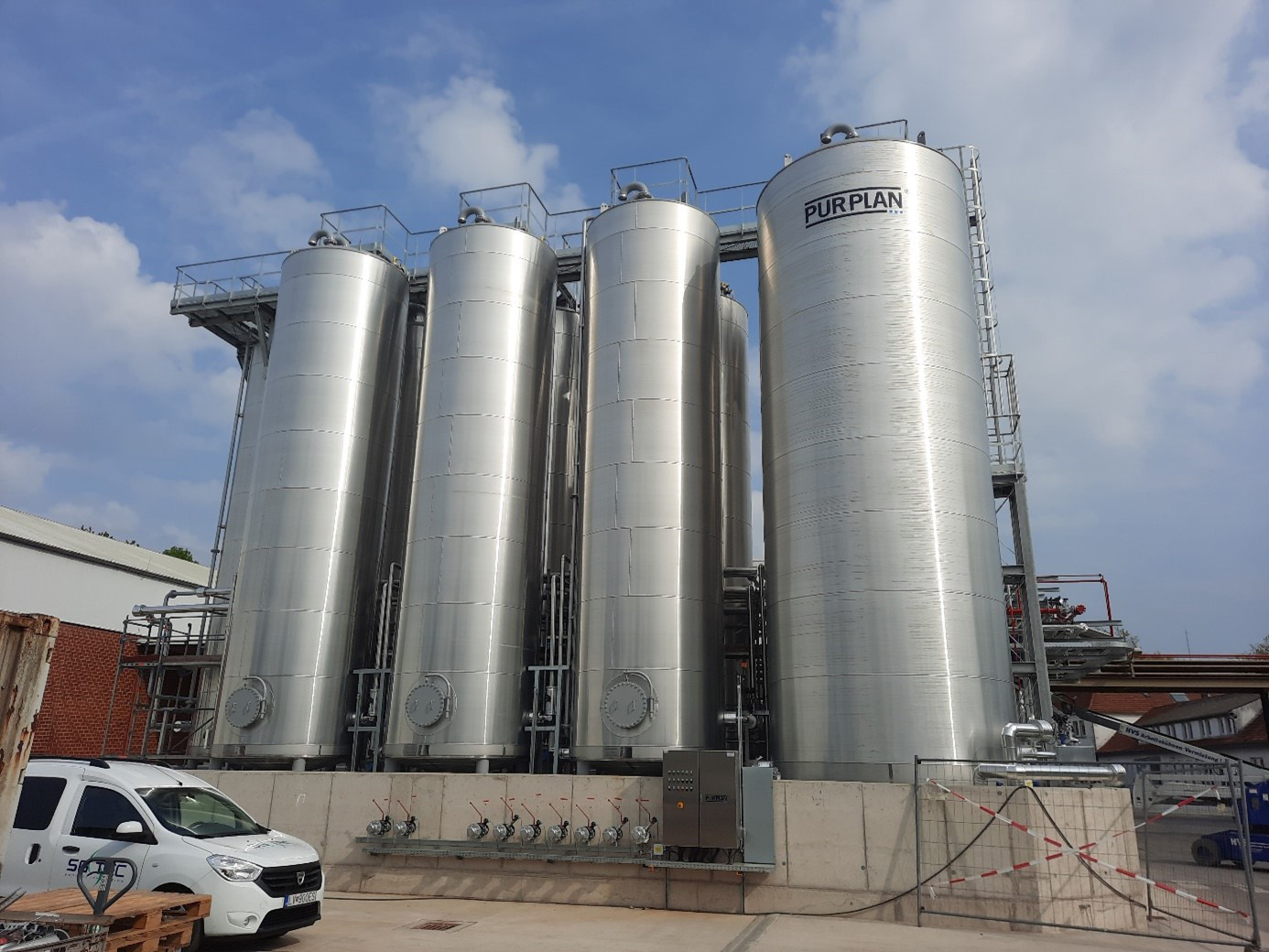
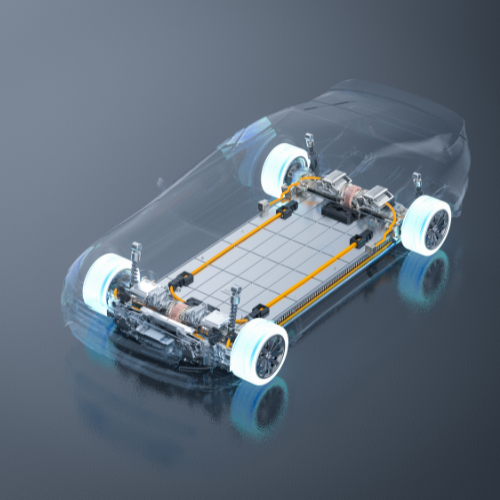
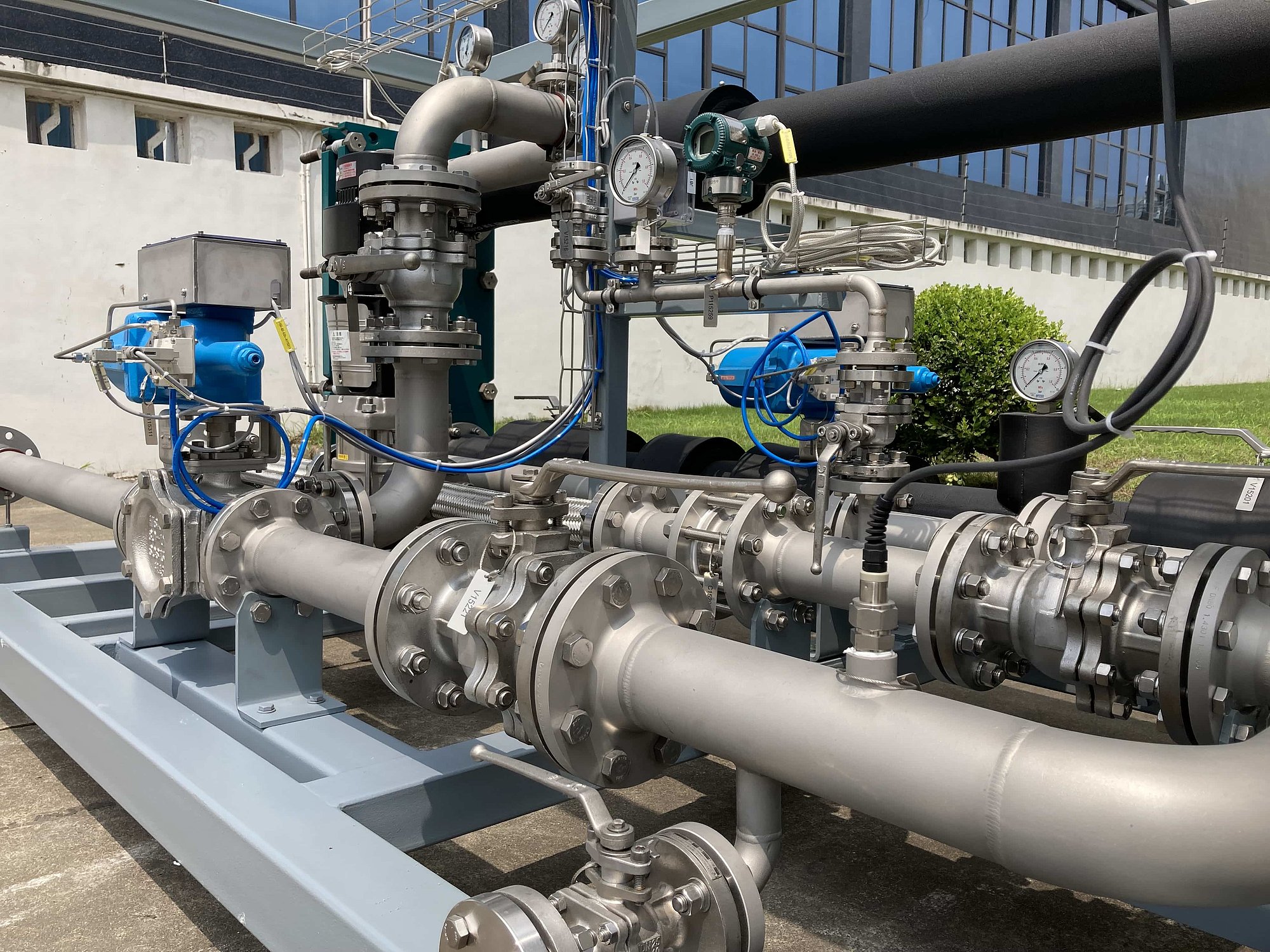
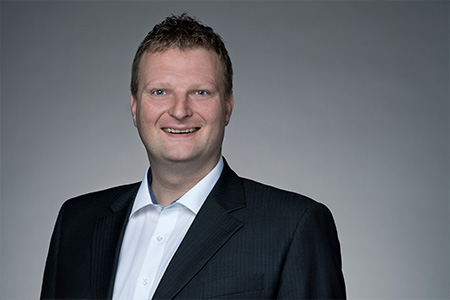
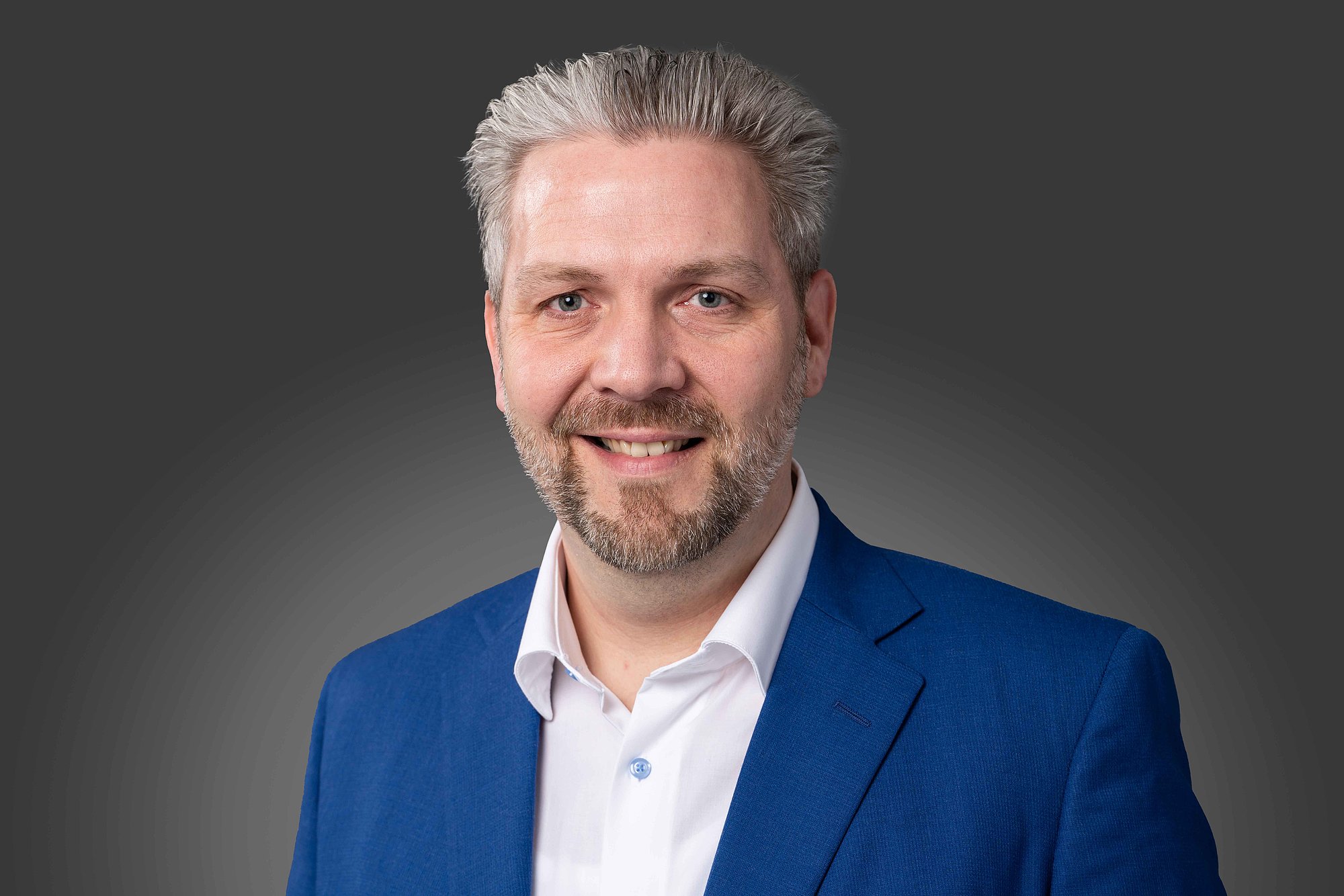
![[Translate to English 22:] Daniel Schwarzmeier [Translate to English 22:] Daniel Schwarzmeier](/fileadmin/_processed_/7/6/csm_Daniel_Schwarzmeierweb_4554b70d5d.jpg)
